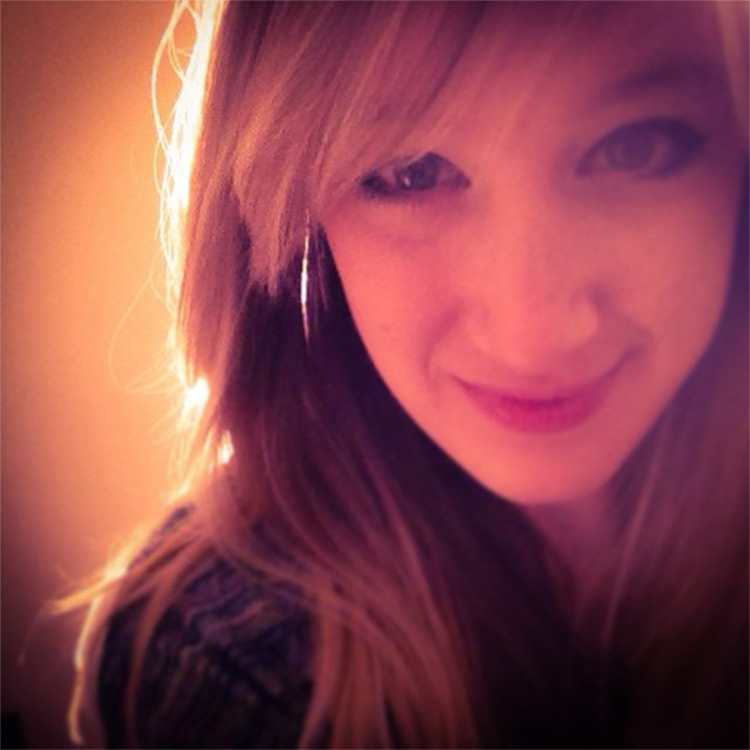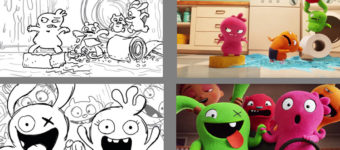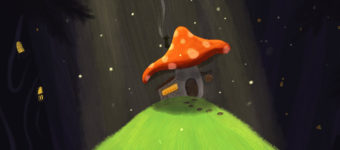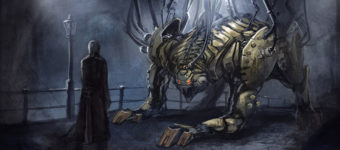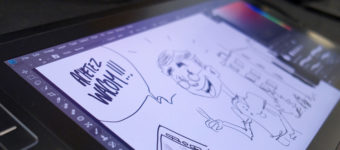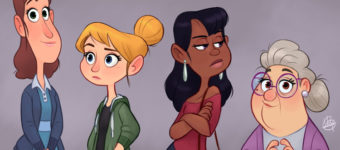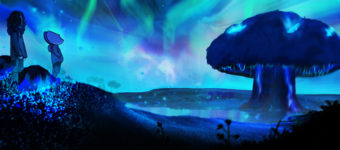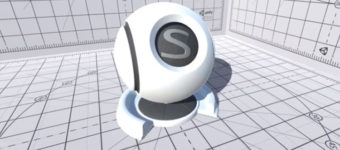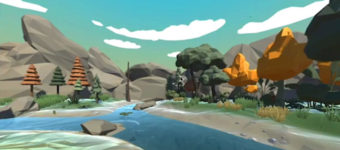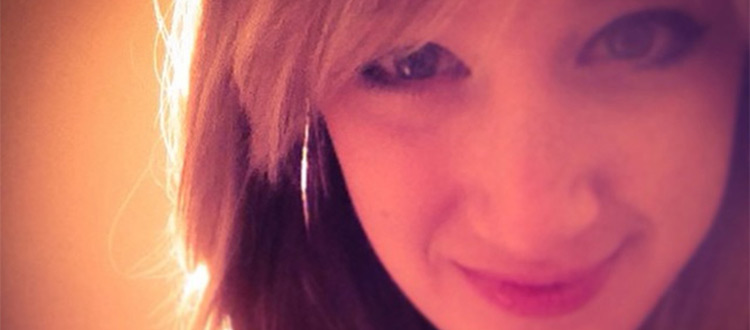
Interview with Digital 2D Concept Artist Kala of Hi-Rez Studios
The path to becoming a professional digital artist requires a lot of effort. Those just starting out may feel confused or overwhelmed at the idea of breaking into the entertainment industry.
But it is completely possible with enough effort – and Kala’s story is proof-positive that anyone with temerity can make it happen.
Kala is a 2D concept artist currently working for Hi-Res Studios. She creates some impressive work which you can see on her personal website or ArtStation profile.
I reached out to Kala for a quick Q&A and was lucky to nab some of her time. In this interview Kala shares how she got into concept art for video games, her favorite type of work, and inspirational tips for aspiring concept artists.
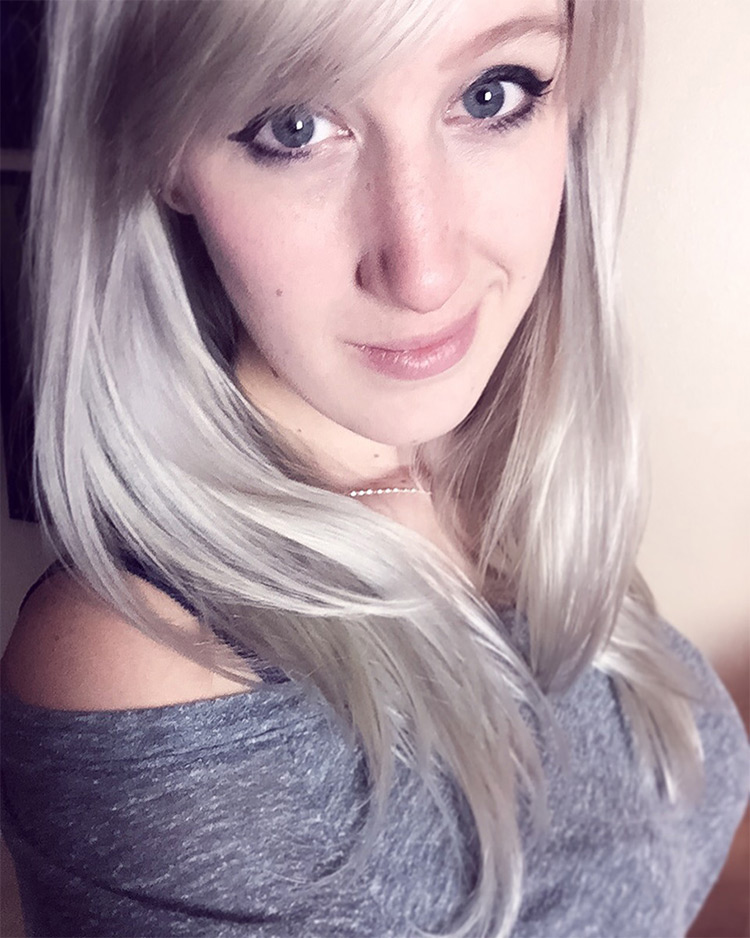
When did you first start drawing and what has kept you interested in art as a career?
I’ve been drawing since I can remember. I really got into art when I started watching anime and playing video games.
All I knew at the time was that I wanted to do something with video games and illustration.
Seeing myself improve keeps me motivated. It’s really rewarding to have a personal skillset that just gets better over time and you can take with you anywhere.
Could you share any milestones from your life that marked your journey from budding artist to professional 2D concept artist?
Taking early intern jobs right out of college helped give me a taste of what it was like to be a professional artist.
Learning that different people had different workflows helped me to pick up new ways to do things. You should always try to learn something from every project you do, even if the project is small and may not pay a lot.
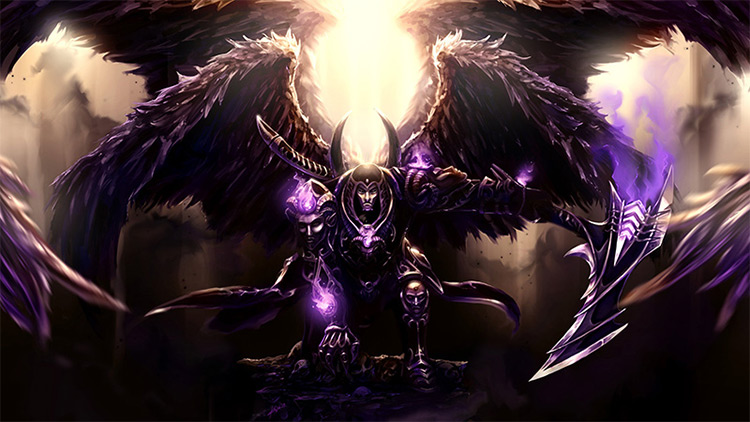
Aside from drawing what else do you enjoy doing with your time? And where do you typically find inspiration to bring into your artwork?
Since I’m in the gaming industry I love to play games in my down time. Though I don’t have a lot of time outside art to finish many games. Haha!
I love to read. I can draw a lot of inspiration from reading a good book. Imagination is awesome!
You can also find a lot of inspiration from the world around you if you pay attention. Besides that, I love to watch anime/netflix, eat, and sleep!
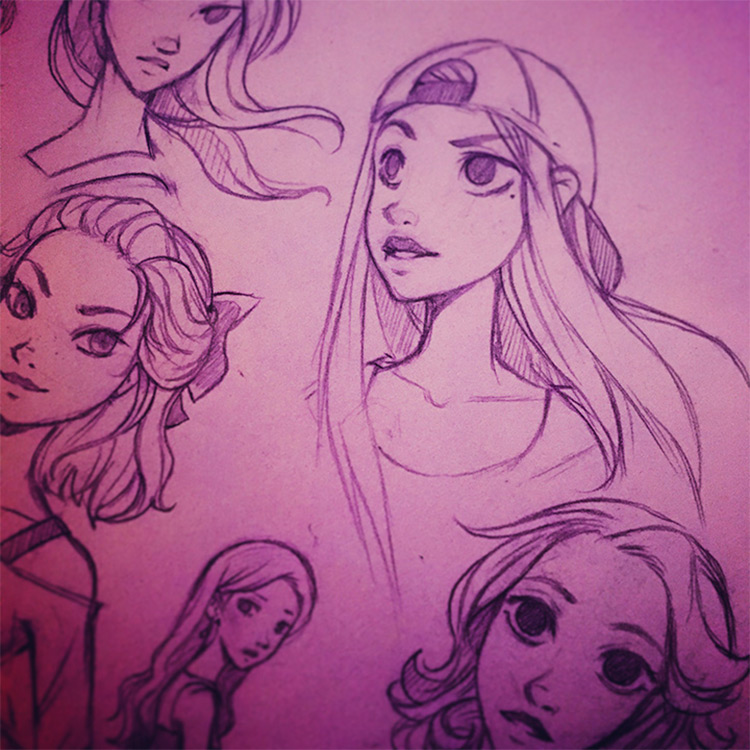
Did you have any formal art education or are you mostly self-taught? Is there anything you’d go back and change about the way you learned to either improve your skillset or to learn faster?
My formal education was more technical and 3D.
I have a Bachelors of Science in Computer Animation. It doesn’t really directly apply to what I do today. The skills that I use now are all 2D, and that was developed on my own time outside of professional schooling.
I don’t really understand the term ‘self taught’ since most people don’t get places without a little help from their peers. I like to consider myself ‘artist taught’. I learned a lot by watching how other artists drew and trying out a ton of different workflows, then picking the things I could apply to my own style.
I learned by being inspired by others and learning through them. Practice. Lots of practice.
If I could go back, I’d tell myself not to worry about personal ‘style’ that much. I’d tell myself it’s just something that develops naturally over time based off the different workflows we try out. It just happens!
In your opinion do you think it’s possible for someone to learn concept art later in life? Or is it something you need to have practiced since an early age?
Absolutely possible. Just because you started later in life doesn’t mean you can’t be successful in this industry. Your schooling doesn’t matter, nor your age.
All that matters is that you can produce solid, marketable work. If you are passionate about it and put in the practice, you’ll be amazed at what you will accomplish over time no matter what your age.
Is there a specific type of 2D art that you enjoy doing the most? (ie. characters, environments, etc.)
I really enjoy it all!
I love doing characters/environments in my personal time. I do a lot of UI design, so during my work hours I don’t get to do a lot of character stuff.
My guilty pleasure will always be Fan Art. Can’t get enough of the Fan Art. Haha!
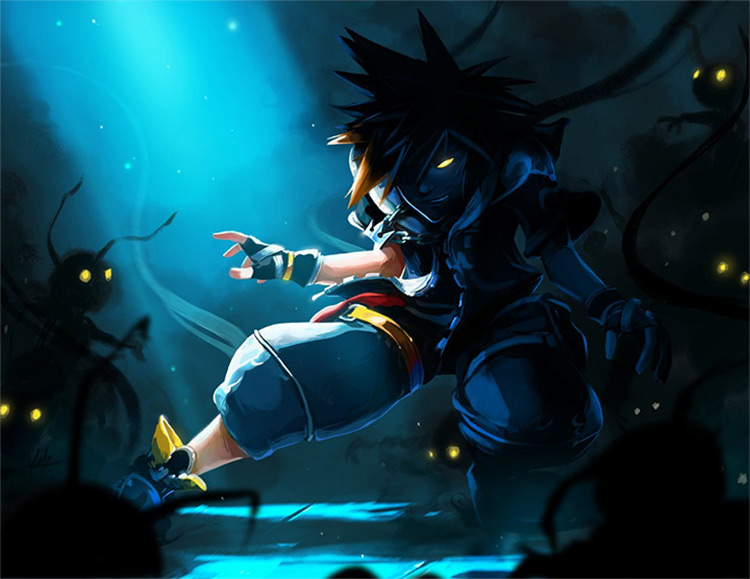
When first getting hired as a digital artist was there anything surprising about the job you didn’t expect or weren’t prepared for?
I’m not really the type to set expectations, so I had no idea what to expect when I first started. I just took it day by day!
Just prepare to work hard and keep trying to learn new things from those around you.
How did you wind up working at Hi-Rez Studios and did you have any trouble initially settling into the role?
I lived locally in the area so I started to send them Fan Art – remember I love fan art.
They had an opening in UI for Icon work and in-game graphics so I hopped on board. I think my first struggle was feeling like I wasn’t fast enough. But over time that wasn’t a worry since drawing 8-10 hours a day will speed up anyone!
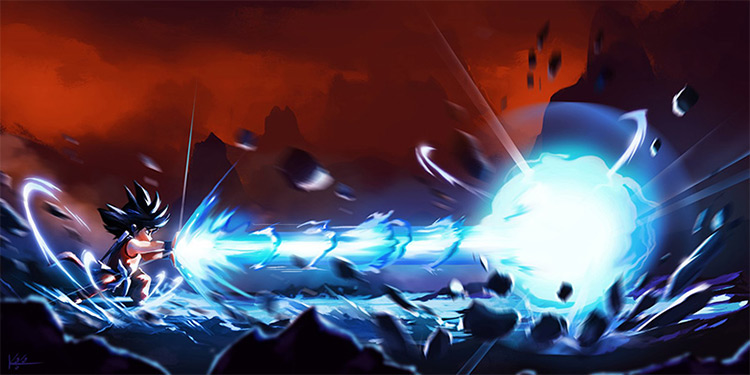
Could you walk through a typical day on the job as a 2D Artist at Hi-Rez studios? What are some common tasks or problems you often have to solve?
Well I work from home so it’s a little different now.
Typically I fire up my e-mail and see what my Art Director wants. From there I usually have to sketch up the designs that he’s left a description of. I send those to him for approval and revisions if necessary.
Once I have the go-ahead I start in with coloring and finalizing the asset. I then send the asset back and get feedback for any other revisions that may need to be done.
At some point during my day I eat things. Then I go to sleep and do it all over again.
What’s your opinion on the concept art industry as a whole? Do you think it’s growing or shrinking, and where do you see the industry going in the next 5-10 years?
I feel like it is growing. I think there are more and more indie games/projects popping up and making games with a smaller group of people is becoming a thing.
That doesn’t mean it’s an easy industry to break into. You have to rely a lot on networking and building a solid portfolio.
However I see nothing but positive things for the entertainment industry in the upcoming years.
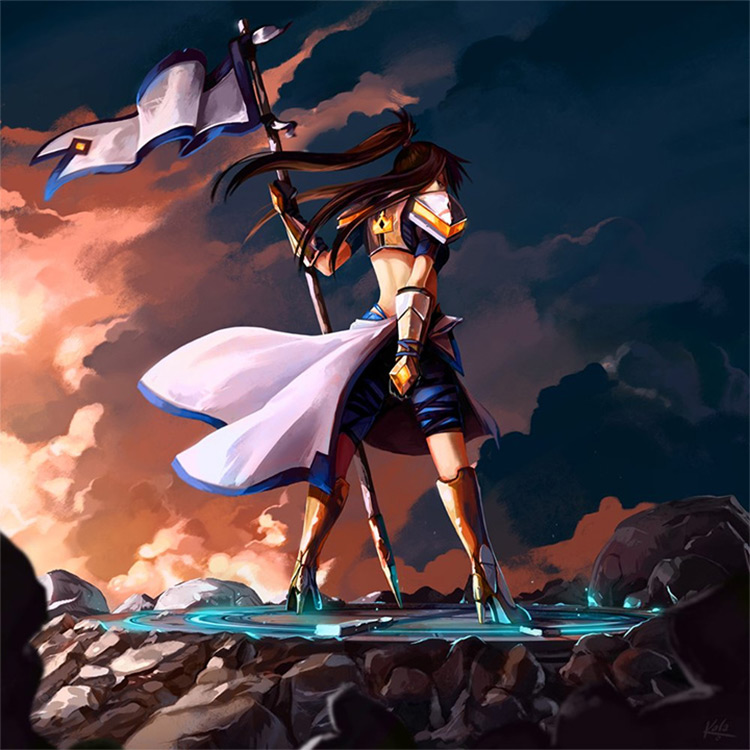
Finally could you share any bits of advice for aspiring artists or practicing artists looking to get into the field of concept art?
It’s highly competitive. Don’t think that just be cause you graduated college that you’re entitled to a job. Most studios don’t even care if you went to college.
You are going to have to be consistent and passionate about what you do.
Next to your portfolio, networking is the best thing you can do for yourself. Make friends because people will hire on their friends that they know can get the job done before they hire outside.
Also try not to compare yourself to other professionals. We all have our own art journey and everyone’s path to their own ‘success’ is different. Love what you do and focus on being a little better than the day before.
Don’t burn your bridges or be a jerk. The industry isn’t THAT big, and people will remember how you made them feel. So always be kind and hardworking. Generally, just try and be a nice person to work with.
Most importantly have fun and enjoy the journey. It’s really rewarding. Also take care of your health. If you don’t have fun and take care of yourself, it’s a field that can really burn you out.
Be passionate about what you do and Happy Painting!
I want to give a special thanks to Kala for taking time out for this interview. Concept art has become surprisingly popular and the field draws a lot of attention, so it’s always nice to hear from someone working in the field.
Kala manages her own YouTube channel where she posts free tutorials and digital painting videos. Check it out if you’re curious to see her process, or if you might be looking for insight into the concept art process.
Also you can check out her most recent work on ArtStation and find a bunch more info on her personal portfolio.
